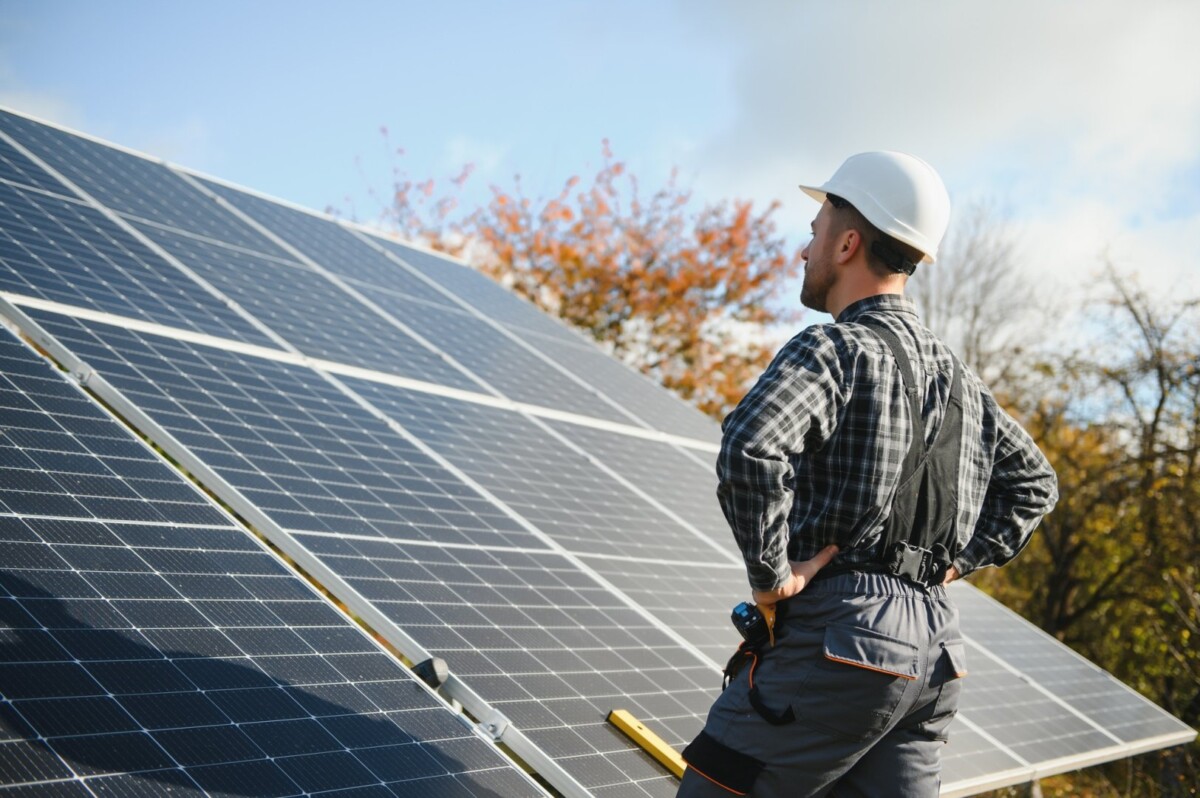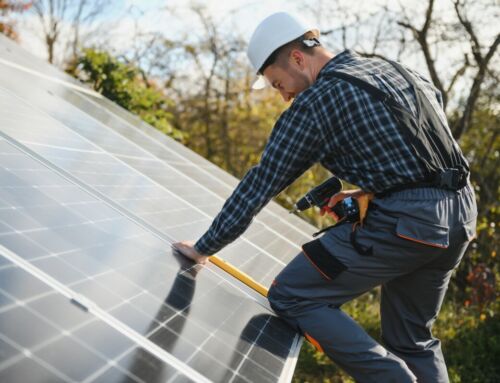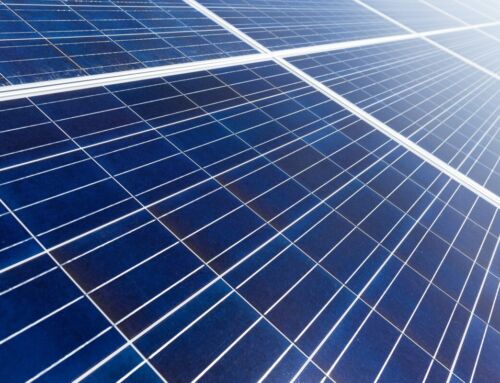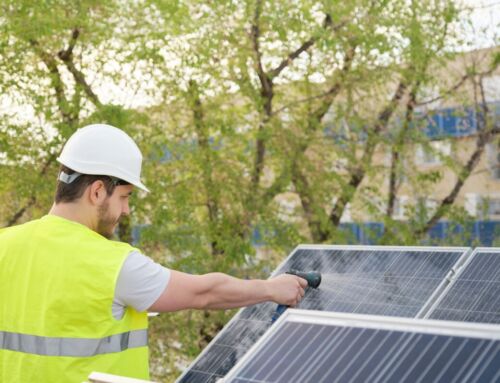Understanding the Costs to Install Solar Panels: What to Expect
Switching to solar energy is an exciting journey, but understanding the costs to install solar panels is crucial. Knowing what to expect helps you plan better and make informed decisions. Let’s dive into the factors that influence these costs and how they can vary.
Factors Influencing Costs
Several elements affect the costs to install solar panels:
- System Size: Larger systems generate more power but cost more upfront.
- Location: Installation costs can vary based on your region’s labor rates and local incentives.
- Panel Type: Different panels, like monocrystalline or polycrystalline, have varying price points.
Additional Costs to Consider
Besides the panels themselves, there are other costs:
- Installation Labor: Professional installation ensures safety and efficiency.
- Permits and Inspections: Required to comply with local regulations.
- Maintenance: Regular check-ups keep your system running smoothly.
Benefits Outweighing the Costs
While the initial costs to install solar panels might seem high, the long-term savings on electricity bills and the positive environmental impact make it worthwhile. Plus, many areas offer tax credits and rebates to help offset these costs, making solar energy more accessible than ever.
How Location Impacts the Costs to Install Solar Panels
Location significantly influences the costs to install solar panels, affecting both energy generation and savings. Areas with abundant sunshine, like California, enable panels to produce more energy, leading to quicker reductions in electricity bills. Conversely, regions with less sunlight, such as Seattle, may require more panels or higher efficiency models to achieve similar energy outputs.
Local incentives and policies also play a vital role. Some states offer tax credits or rebates, reducing initial installation costs. Additionally, net metering policies allow homeowners to sell excess energy back to the grid, enhancing affordability in certain areas.
Installation costs can vary based on regional factors. Urban areas might face higher labor rates compared to rural locations, while local governments may impose permitting fees that impact overall expenses. By understanding these factors, you can make informed decisions about solar panel installation, ensuring optimal value and efficiency for your investment.
Breaking Down the Costs to Install Solar Panels: Equipment, Labor, and More
Thinking about going solar? It’s a bright idea, but understanding the costs to install solar panels is crucial. This knowledge helps you make informed decisions and potentially save money.
Equipment Costs
A significant portion of the cost comes from the equipment. You’ll need solar panels to capture sunlight and an inverter to convert it into usable electricity. Additionally, mounting hardware and wiring are essential components.
Labor and Installation
Installing solar panels requires skilled labor, as it’s not a DIY task. Labor costs can vary based on location and installation complexity, so obtaining multiple quotes is wise.
Additional Expenses
Beyond equipment and labor, consider other expenses like permits and inspections to comply with local regulations. Some opt for batteries to store extra energy, which can increase costs but also boost long-term savings.
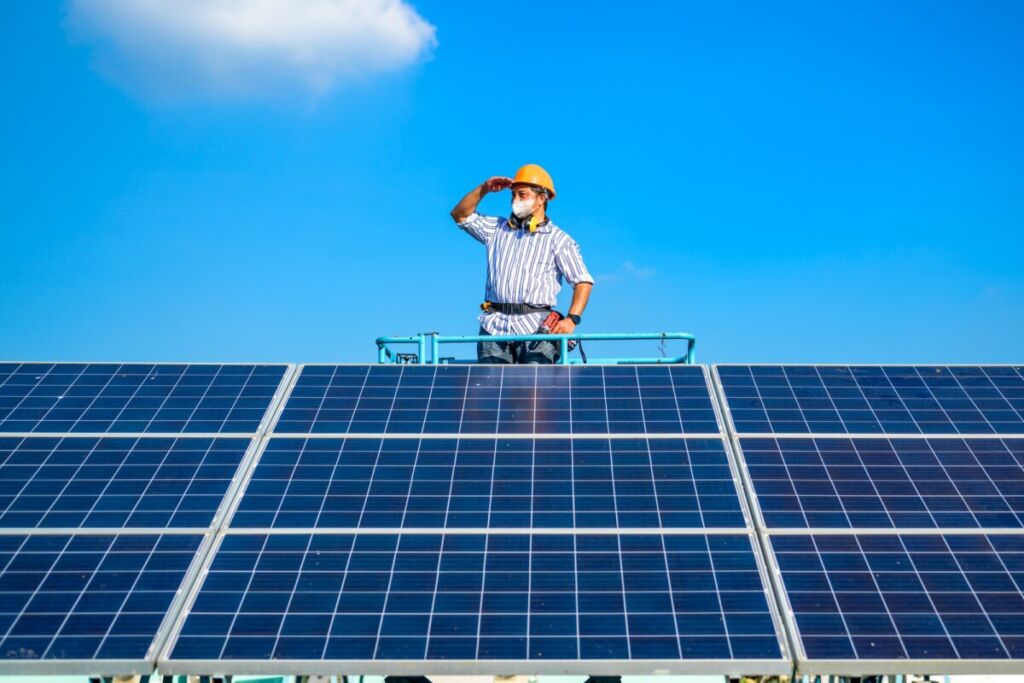
Thinking about solar energy? See how it can lower your bills and elevate your home’s efficiency. Get Your Free Estimate at NewSolar Quotes
Are There Hidden Costs to Install Solar Panels? Uncovering the Truth
When considering the costs to install solar panels, many homeowners wonder if there are hidden expenses lurking beneath the surface. Understanding these costs is crucial because they can affect your budget and the overall savings solar energy promises. Let’s dive into what you need to know to avoid surprises.
Installation and Equipment Costs
The primary costs to install solar panels include the price of the panels themselves and the installation fees. However, it’s important to consider additional equipment like inverters and mounting systems. These components are essential for converting sunlight into usable electricity and securely attaching panels to your roof.
Permits and Inspections
Before installation, you’ll need permits, which can vary in cost depending on your location. Inspections ensure your system meets local regulations and safety standards. While these might seem like small expenses, they can add up, impacting the overall costs to install solar panels.
Maintenance and Repairs
Solar panels are durable, but occasional maintenance is necessary to keep them efficient. Cleaning and minor repairs might be needed over time. While these costs are generally low, they are worth considering when calculating the total investment in solar energy.
How Government Incentives Can Reduce Your Costs to Install Solar Panels
Thinking about going solar but worried about the costs to install solar panels? You’re not alone! Many people are interested in solar energy but are concerned about the price tag. Luckily, government incentives can make solar panels more affordable, helping you save money while saving the planet.
What Are Government Incentives?
Government incentives are like special discounts or rewards for choosing solar energy. They can come in different forms, such as tax credits, rebates, or grants. These incentives are designed to encourage more people to switch to renewable energy sources.
Types of Incentives
- Tax Credits: You can get a percentage of your solar panel costs back when you file your taxes.
- Rebates: Some states offer cash back after your solar installation.
- Grants: These are like gifts from the government to help cover your solar costs.
How Do They Work?
When you decide to install solar panels, you can apply for these incentives. They reduce the overall costs, making solar energy a smart and affordable choice. So, if you’re worried about the costs to install solar panels, remember that government incentives can be a big help!
Comparing the Costs to Install Solar Panels: Residential vs. Commercial
Switching to solar energy involves understanding the costs to install solar panels, which is essential for both homeowners and businesses. For homeowners, costs vary due to factors like system size, location, and roof type. Larger systems produce more power but require a higher initial investment, while local labor rates and incentives can affect installation expenses. Additionally, certain roof types may necessitate extra work, influencing the overall cost.
On the commercial side, businesses face unique considerations. The scale of installations is generally larger, allowing for economies of scale. Businesses with higher energy needs might find larger systems more cost-effective over time. Moreover, commercial entities often have access to different tax credits or rebates compared to residential users, which can significantly offset costs.
Despite the potentially high upfront costs, both residential and commercial solar panel installations offer long-term savings and environmental benefits. Understanding these financial aspects is key to planning effectively and maximizing the advantages of solar energy.
Is DIY Installation a Cost-Effective Option for Solar Panels?
Thinking about the costs to install solar panels can be a bit overwhelming. Many people wonder if doing it themselves could save money. After all, who doesn’t like the idea of cutting costs? But, is it really the best choice? Let’s dive into the details to find out.
Pros of DIY Solar Installation
- Cost Savings: By installing solar panels yourself, you can save on labor costs, which can be a significant part of the total expenses.
- Learning Experience: You’ll gain hands-on experience and a better understanding of how solar systems work.
Cons of DIY Solar Installation
- Complexity: Solar panel installation requires technical knowledge and skills. Mistakes can lead to costly repairs.
- Safety Risks: Working with electricity and heights can be dangerous without proper training.
While DIY installation might seem like a good way to reduce the costs to install solar panels, it comes with its own set of challenges. Weighing the pros and cons can help you decide if it’s the right path for you. Remember, sometimes investing in professional help can save you more in the long run.
How Long Until You Recoup the Costs to Install Solar Panels?
Curious about how long it takes to recoup the costs to install solar panels? This is a key question for homeowners eyeing solar energy. Knowing this timeline aids in making a smart investment decision.
Factors Affecting Payback Time
Several elements determine how fast you can recover your investment:
- Location: More sunshine means quicker payback.
- System Size: Bigger systems lead to greater savings.
- Electricity Rates: Higher rates accelerate savings.
Average Payback Period
Typically, it takes 6 to 8 years to recoup solar panel costs, though this varies. Some may see returns in 4 years, others in 10.
Maximizing Your Savings
To optimize your solar investment:
- Use Energy Efficiently: Cut down on consumption.
- Leverage Incentives: Seek tax credits and rebates.
- Maintain Regularly: Keep panels clean and efficient.
Understanding these factors helps predict when your solar panels will start paying off.
How NewSolarQuotes Can Help You Navigate the Costs to Install Solar Panels
Understanding the costs to install solar panels is essential for anyone considering this eco-friendly investment. While solar panels can significantly cut electricity bills, the initial expenses might seem overwhelming. Fortunately, NewSolarQuotes is here to guide you through this financial journey, ensuring you make informed decisions.
Breaking Down the Costs
- Equipment Costs: These include solar panels, inverters, and mounting hardware, with prices varying by quality and efficiency.
- Installation Fees: Professional installation is crucial for safety and efficiency, though it adds to the cost.
- Permits and Inspections: Local regulations may require permits, increasing the overall expense.
Financial Incentives and Savings
Numerous incentives, such as tax credits, rebates, and financing options, can help offset the costs to install solar panels. NewSolarQuotes assists in exploring these opportunities to maximize your savings.
Why Choose NewSolarQuotes?
With our expertise, you receive personalized advice tailored to your needs. We simplify the process, making it easy to understand and navigate. By choosing NewSolarQuotes, you’re investing in a brighter, more sustainable future.
Switch to solar and start saving now! Don’t miss out on a cleaner, cost-effective energy solution. Schedule Your Free Consultation at NewSolar Quotes
Discover more ways to save with solar! Visit New Solar Quote and see the potential for your home. 

